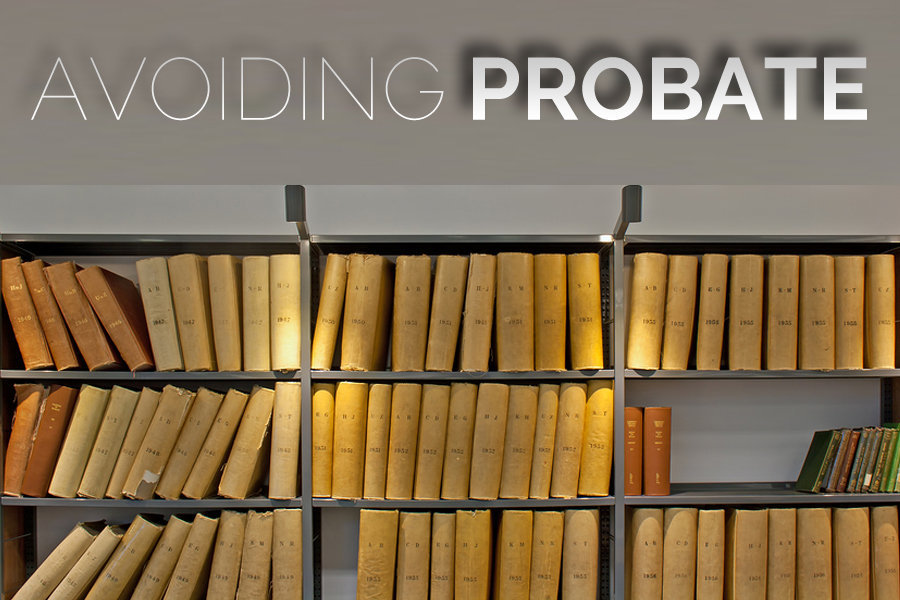You may be able to avoid probate by creating a living trust, naming beneficiaries, and owning property jointly.

We’d all want to leave something special to our children or other loved ones. We save and save in order to make life a bit simpler for the ones we love. Nobody likes to pay the government a big chunk of their hard-earned money in the form of probate costs. We also don’t want our loved ones, particularly our husbands and children, to have to wait months, if not years, to get a dime.
Table of Contents
It is considerably simpler than you think to avoid the delays and expenses of probate. Here are some general guidelines to help you maintain more of your estate in the hands of the individuals who mean most to you.
- Establish a Living Trust
The simplest option to avoid probate is to establish a living trust. A living trust is just an alternative to a final will and testament. A living trust, as opposed to a will, puts your assets and property “in trust,” which is subsequently administered by a trustee for the benefit of your beneficiaries. Because the property and assets have already been allocated to the trust, you may skip probate totally.
A trust also allows you to avoid the costs associated with probating a will.
One of the most significant disadvantages of a will is the expense of probating or getting it through the courts. In probate, court expenses are deducted from the gross estate (the amount of the entire estate before the debts are paid out). This amount is often as high as 10 percent of the whole estate, which is typically better spent on trustee expenses and funeral costs. A living trust eliminates the need for these court expenditures entirely.
- Designate Beneficiaries for Retirement and Bank Accounts
Because it is a more basic estate planning document, a last will and testament is frequently a better choice for certain people than a trust. However, just because you have a will does not imply that all of your possessions must go through probate. Most individuals are unaware that many of our most valuable possessions enable us to designate beneficiaries. In reality, you may not have recognised that the bank account you created when you obtained your first job allows you to choose a beneficiary who would be paid upon death.
Though it may seem straightforward, many individuals fail to designate a beneficiary or beneficiaries for their bank accounts, investments, and retirement plans. Life insurance policies, pension plans, 401K plans, IRA accounts, stocks, and bonds are all examples of payable on death accounts.
All you need to do to get started is get and fill out the payable on death documents from your brokerage firm or bank. Remember that if you are married, your spouse may automatically hold a portion of these accounts. However, by taking the time to fill out these paperwork, you guarantee that the profits are distributed promptly upon death without having to go through probate, saving a significant amount of time and money.
A final will and testament may be an effective alternative to a living trust for many people.
- Joint ownership of property
Another excellent approach to keep your real estate out of probate is to hold it jointly. If you and your husband or significant other are considering about buying your first home or already own one, owning jointly permits the property to transfer instantly to your significant other without going through probate. It makes no difference whether you are married or not. If the property is indicated as jointly owned, it will be given to the surviving member of the pair.
Of course, you’ll want to make certain that this ownership is properly defined. You should also look at Tenancy by the Entirety, and for married couples in Community Property jurisdictions, you should look into designating co-owned property as Community Property with a Right of Survivorship.
Some jurisdictions even provide expedited probate for so-called “small estates.” Of course, you should research your state’s regulations about what constitutes a small estate. This classification often indicates that an estate is smaller than a specific amount, or that there is no actual property for the court to inspect.
